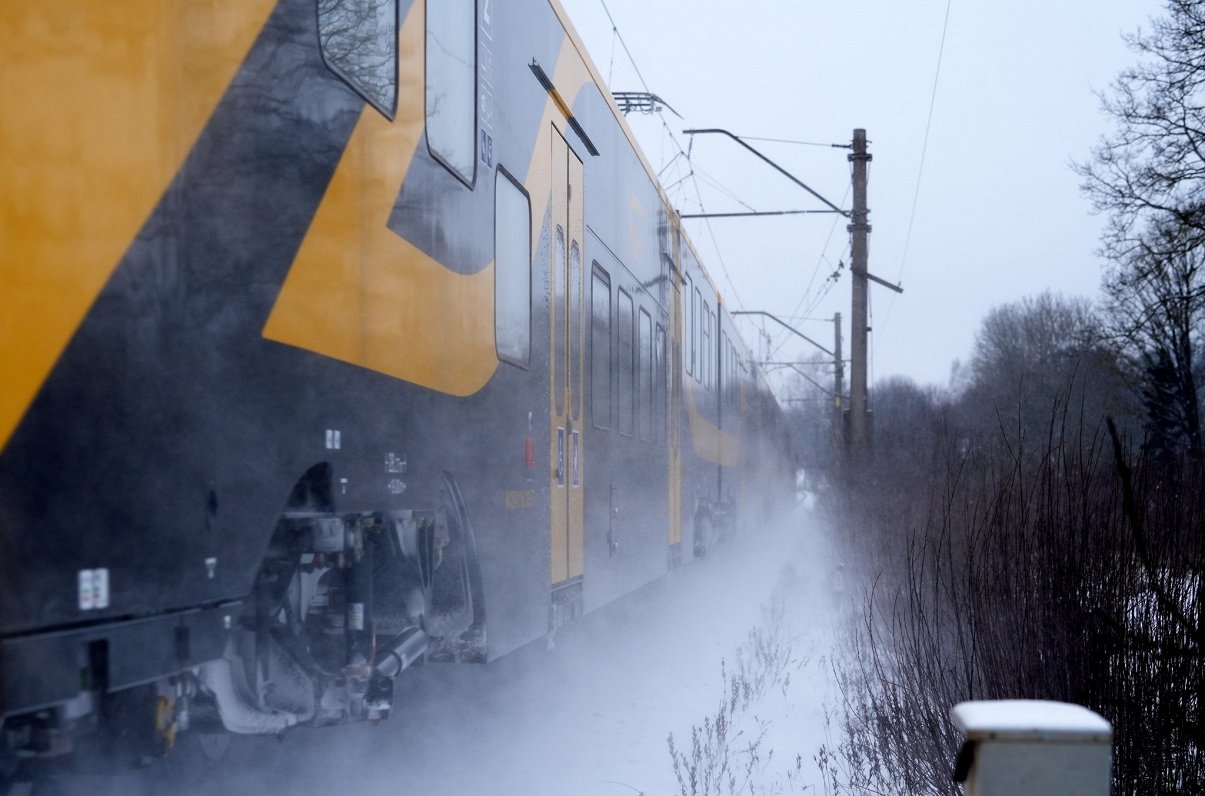According to the passenger train operator Vivi spokesman Edgars Butāns, the most significant faults are with the electronics of trains and various sensors.
“Those electric trains that were previously found to have any faults are currently undergoing dynamic testing. This means that, depending on the nature of the defect previously detected, each train is driven at least 200 or 600 kilometers, simulating the journey according to the timetable. These checks shall also involve Škoda [Vagonka] personnel [who] react if necessary if any defects are detected.”
The Vivi spokesman couldn't say when passengers would be able to board all new trains.
Transport Minister Kaspars Briškens (Progressives) has told the supplying company Škoda Vagonka that 95% of new electric trains must be ready by the first week of March. Otherwise, the Czech company will be punished.
The contract to supply 32 new electric trains, signed by the passenger train operator Pasazieru Vilciens (now Vivi) and Škoda Wagonka in mid-2019, foresaw that all 32 trains would already be on the tracks by the end of 2023. In reality, the first trains only started running in December of 2023.
Shortly afterward, defects began to surface on several trains, and in early January one of the new trains stopped on the line from Riga-Skulte for several hours. Cancellations and delays have followed for weeks after.
According to Vivi, of the 17 delivered electric trains, eight of the new electric trains are currently being used in passenger transportation, while five more are undergoing 'dynamic tests' after previously-detected defects have been rectified. These trains are not yet back carrying passengers, however, though they are described by Viv as being "basically suitable for passenger transport and will be gradually returned after having driven a suitable number of kilometers without passengers."
"Currently, the technical condition of two new electric trains does not correspond to their full use in passenger transportation, while two more trains have successfully passed tests, are in reserve and will be gradually returned to circulation in the near future," Vivi clarified.
NOTE: This story was updated and the headline amended, as a result of a clarification received from Vivi. The original story from Latvian Radio said only 7 out of 17 trains were not faulty, which Vivi disputed.






























